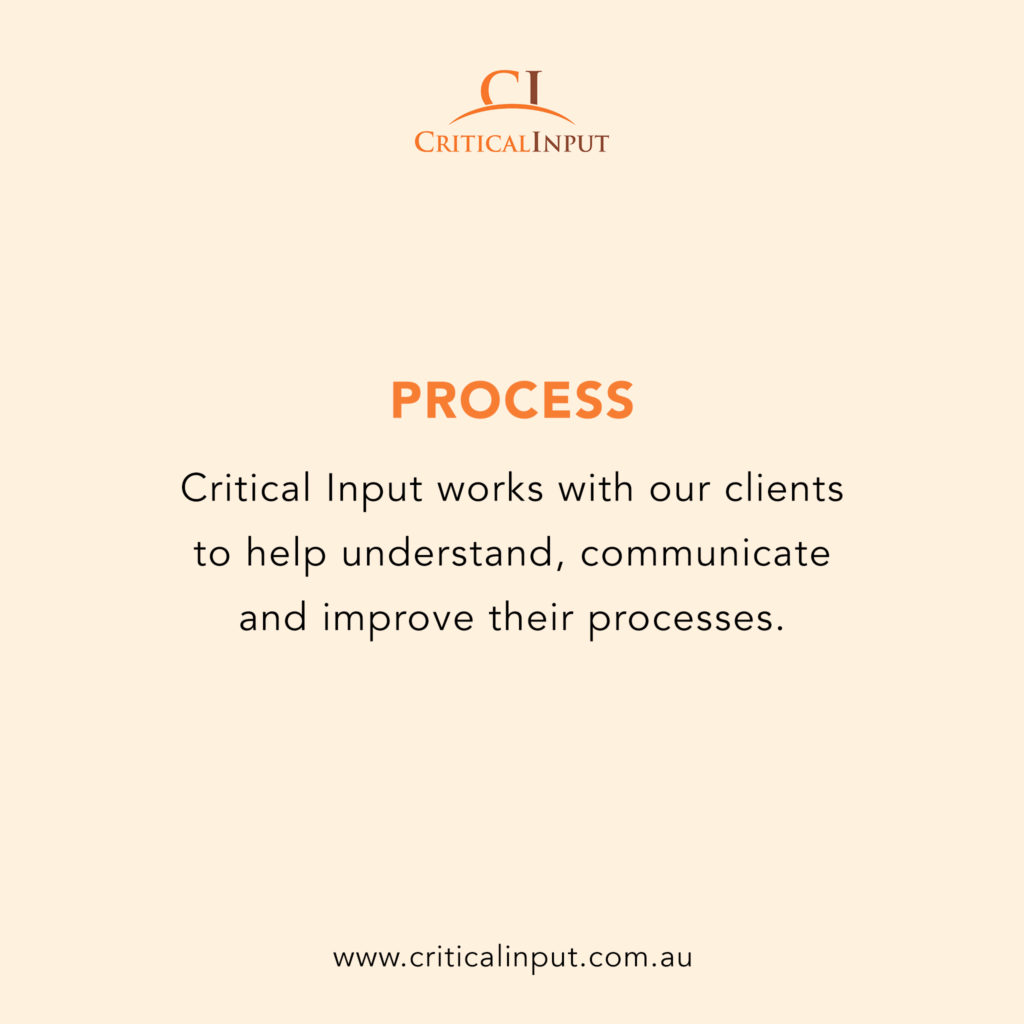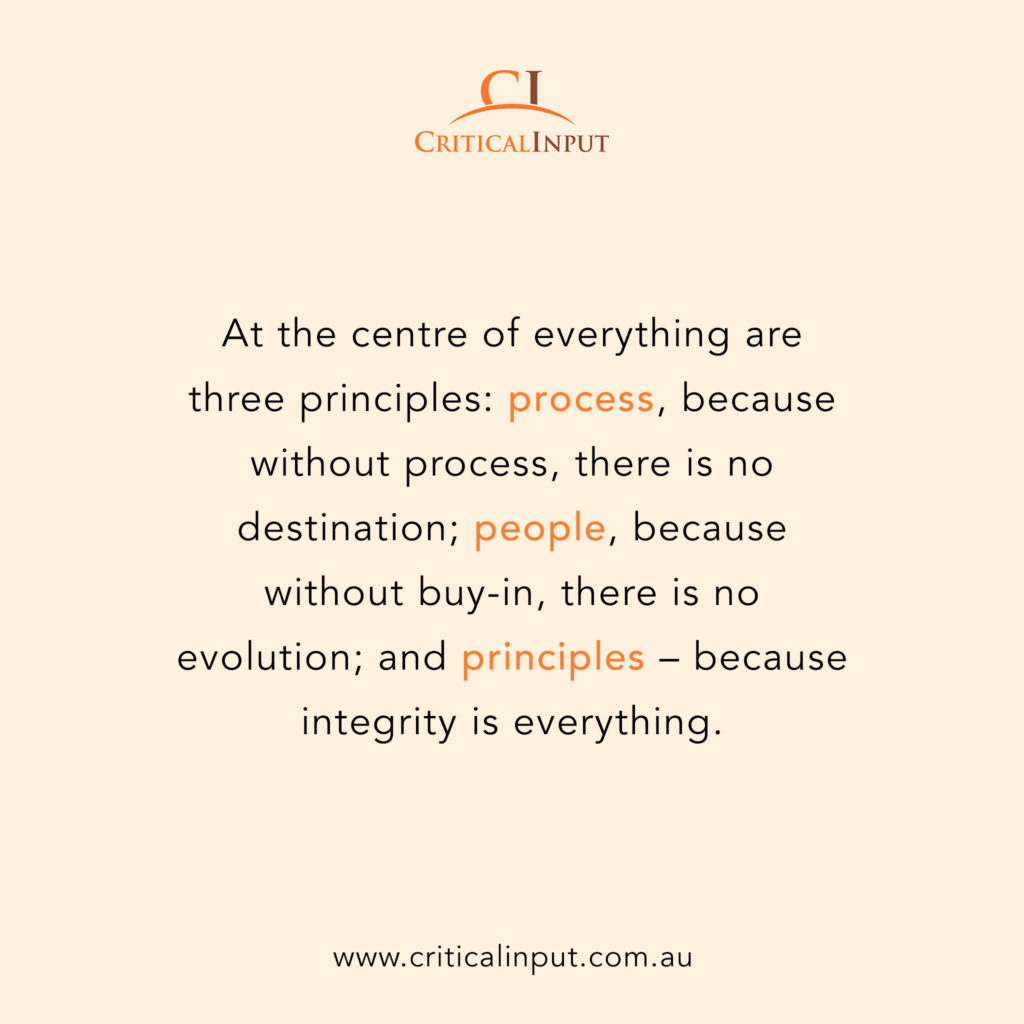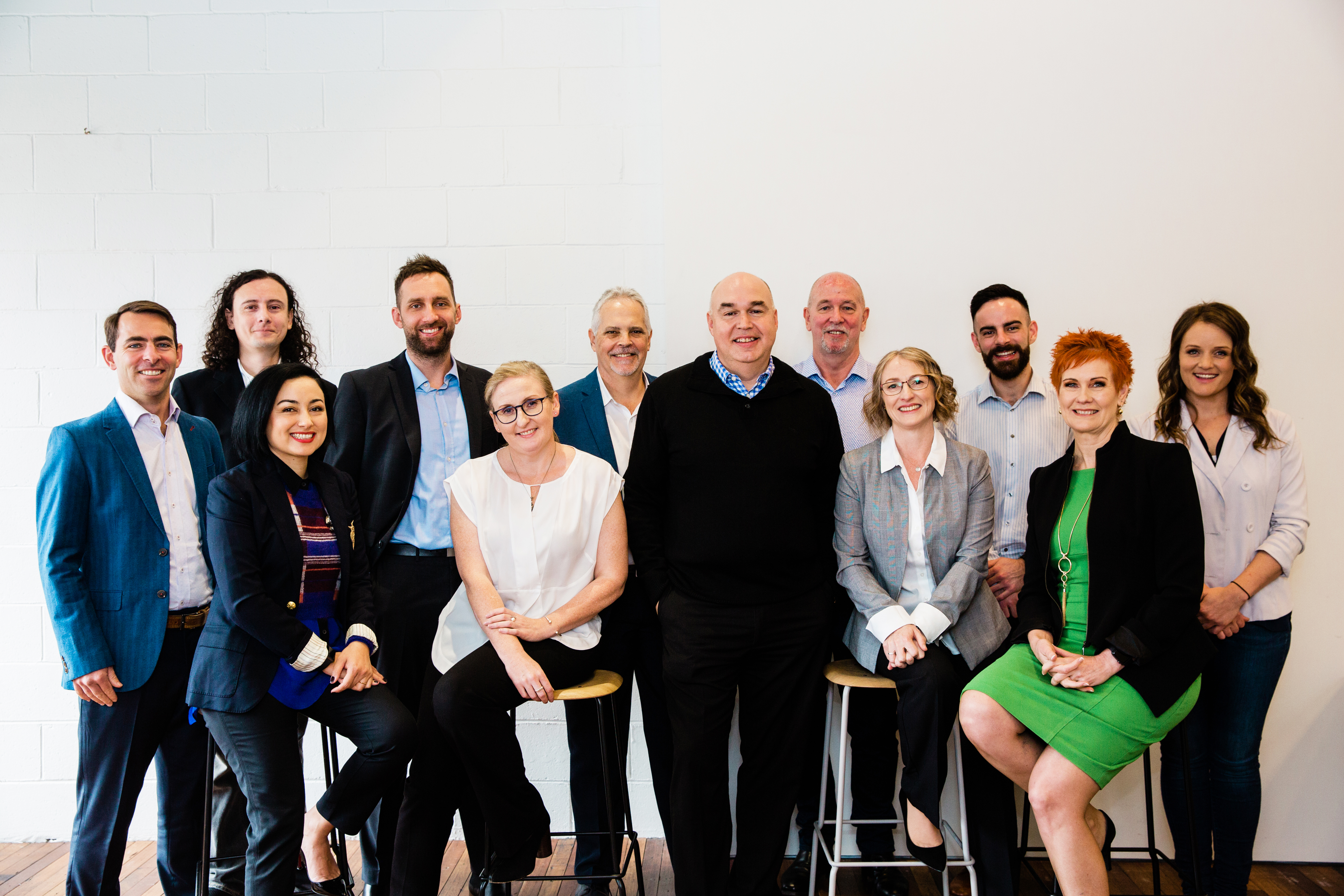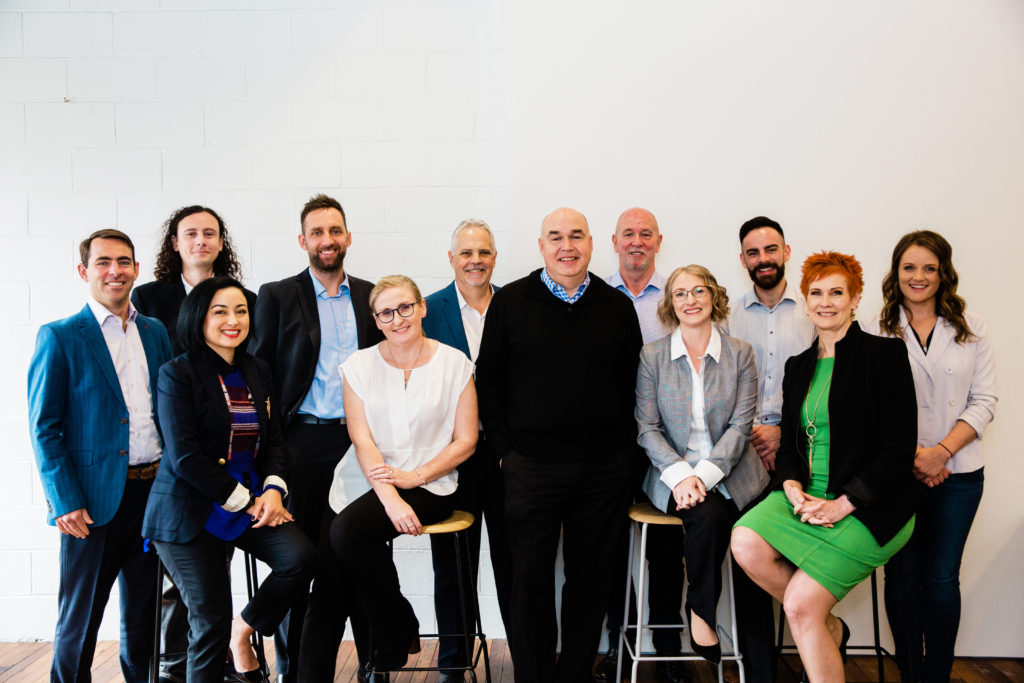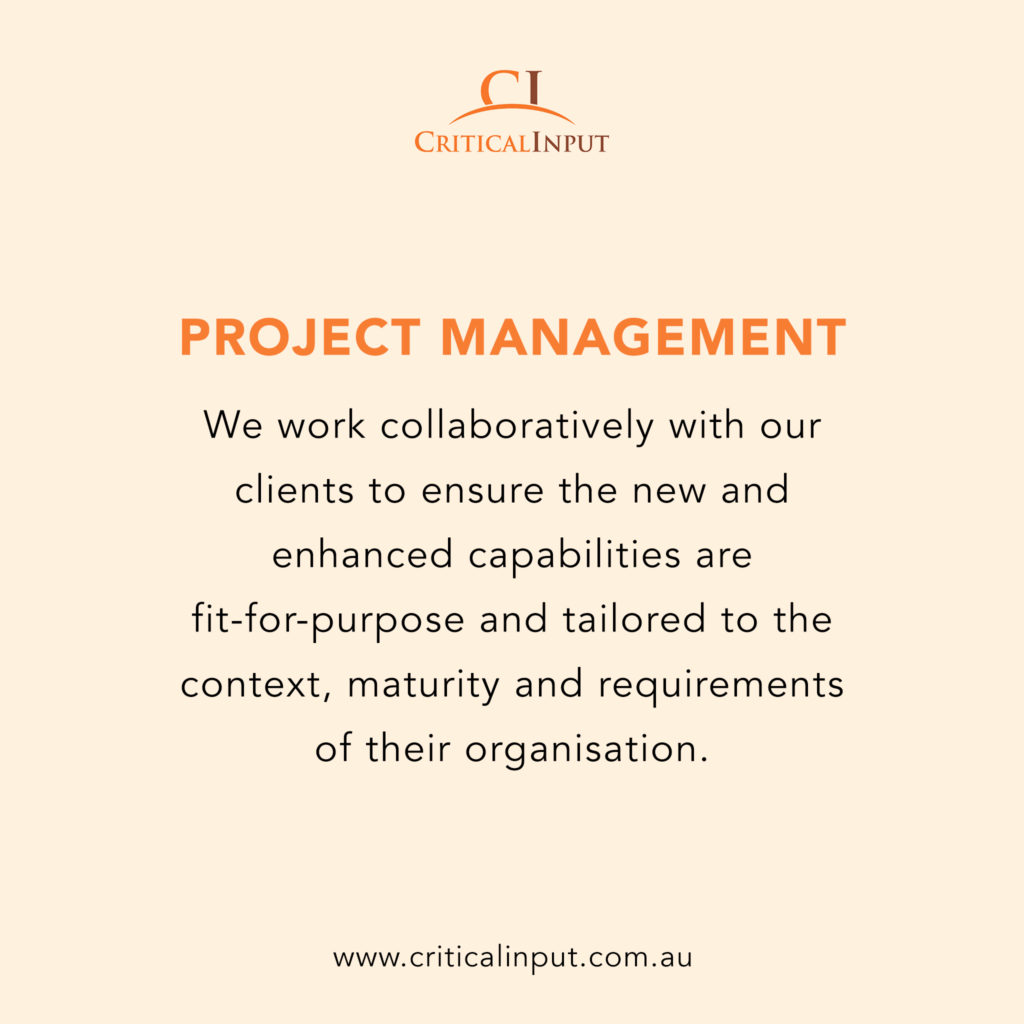Review into trains using slave labour highlights supply chain risks

Photo provided by Queensland Government.
A recent investigation into whether Queensland’s New Generation Rollingstock (NGR) trains contain components sourced from slave labour factories in China highlights modern slavery risks in supply chains.
The US Government announced it had blacklisted KTK among several other manufacturers, following findings they were involved in human rights abuses against Muslim Uyghurs in China (Reference ABC News).
Queensland’s Transport and Main Roads Minister Mark Bailey ordered an investigation into existing contracts, given the state government’s ongoing relationship with KTK.
Managing Director of Brisbane consultancy Critical Input Pty Ltd (CI) Tim Griffiths works with clients to improve their human rights footprint in a practical and tangible manner that aligns with the United Nation’s Sustainable Development goals.
“These seek to address the global challenges related to poverty, inequality, climate, environmental degradation, prosperity peace and justice, as a blueprint to achieve a better and more sustainable future for all,” Tim said.
“A critical piece of human rights legislation for Australian businesses, Australia’s Modern Slavery Act (2018) came into effect on January 1, 2019 and CI is leading the way in supporting clients to identify this issue and adapt their supply chains to reduce their modern slavery risk.
Modern slavery comprises practices such as human trafficking, slavery, forced labour, child labour, debt bondage, forced marriage and other slavery-like practices. It occurs mainly in global supply chains.
“This recent investigation is a cautionary tale and highlights the supply chain risks that can occur when comprehensive audits aren’t done,” Tim said.
“Failing to undertake this due diligence can result in reputational, financial and humanitarian costs.”
Since the legislation emerged, Critical Input’s Senior Consultant Chris Bevin has been working with clients to identify and map their supply chains as well as develop compliance procedures for the new reporting requirement, with a view to optimising supply chains to reduce their modern slavery risks.
Chris explained that the legislation highlighted how pervasive the issue is, with its Explanatory Memorandum stating: “There is a high-risk Australian business are exposed to modern slavery risks and that Australian goods and services are tainted by modern slavery…It is not expected that a reporting entity would ordinarily identify no modern slavery risks in their operations or supply chains.”
While working with clients, Chris endeavours to ensure that the focus is not only on “compliance reporting”, but includes actively looking for supply chain options that maintain client’s fiscal and operations drivers while improving sustainability and reducing modern slavery risk.
“It’s a unique opportunity to reset procurement,” Chris said.
Critical Input combines a thorough knowledge of this emerging regulatory framework with wide-ranging experience of best practice in supply chain management and business process.
It approaches each engagement on a holistic basis, alongside the client and delivers human rights management systems that address every aspect of legal, reputation and operational risk while building capability and processes within the client organisation to ensure ongoing compliance.
Earlier this year, the Australian Strategic Policy Institute (ASPI) published a report that named KTK Group as a company that had used forced labour of Uyghurs in at least one of its factories (Reference ABC News).
Managing Director of KTK Australia Fan Jiang has denied the allegations.



